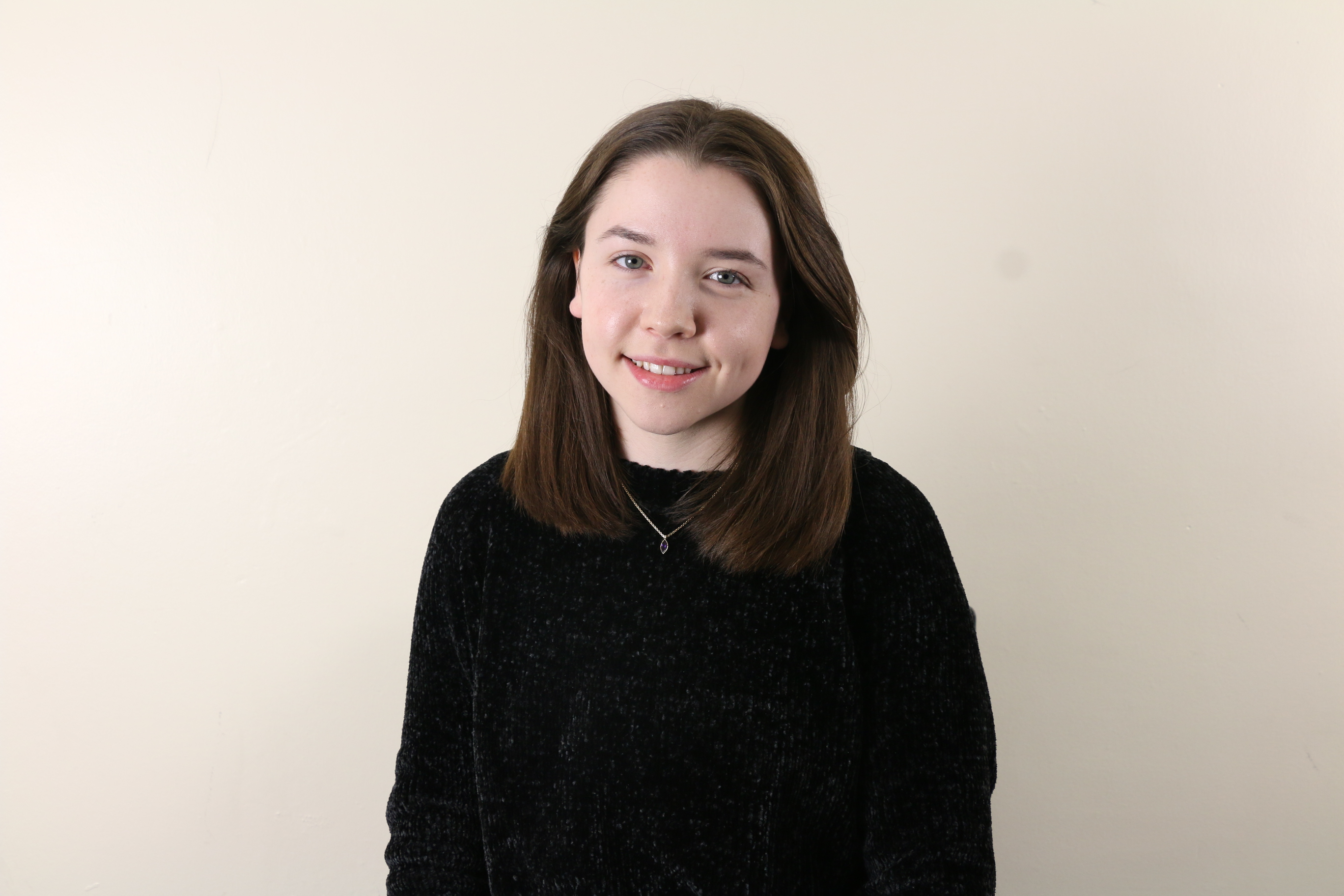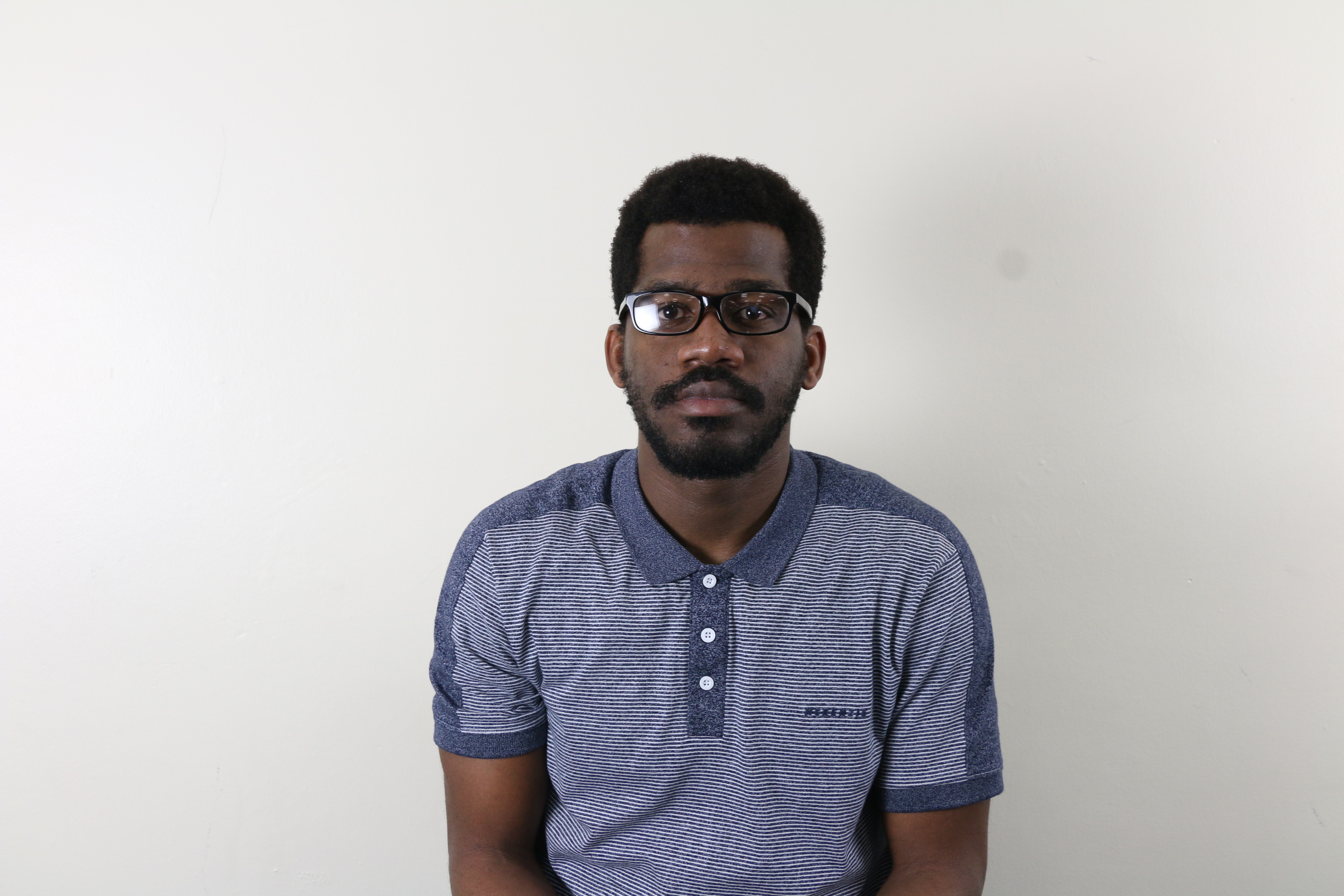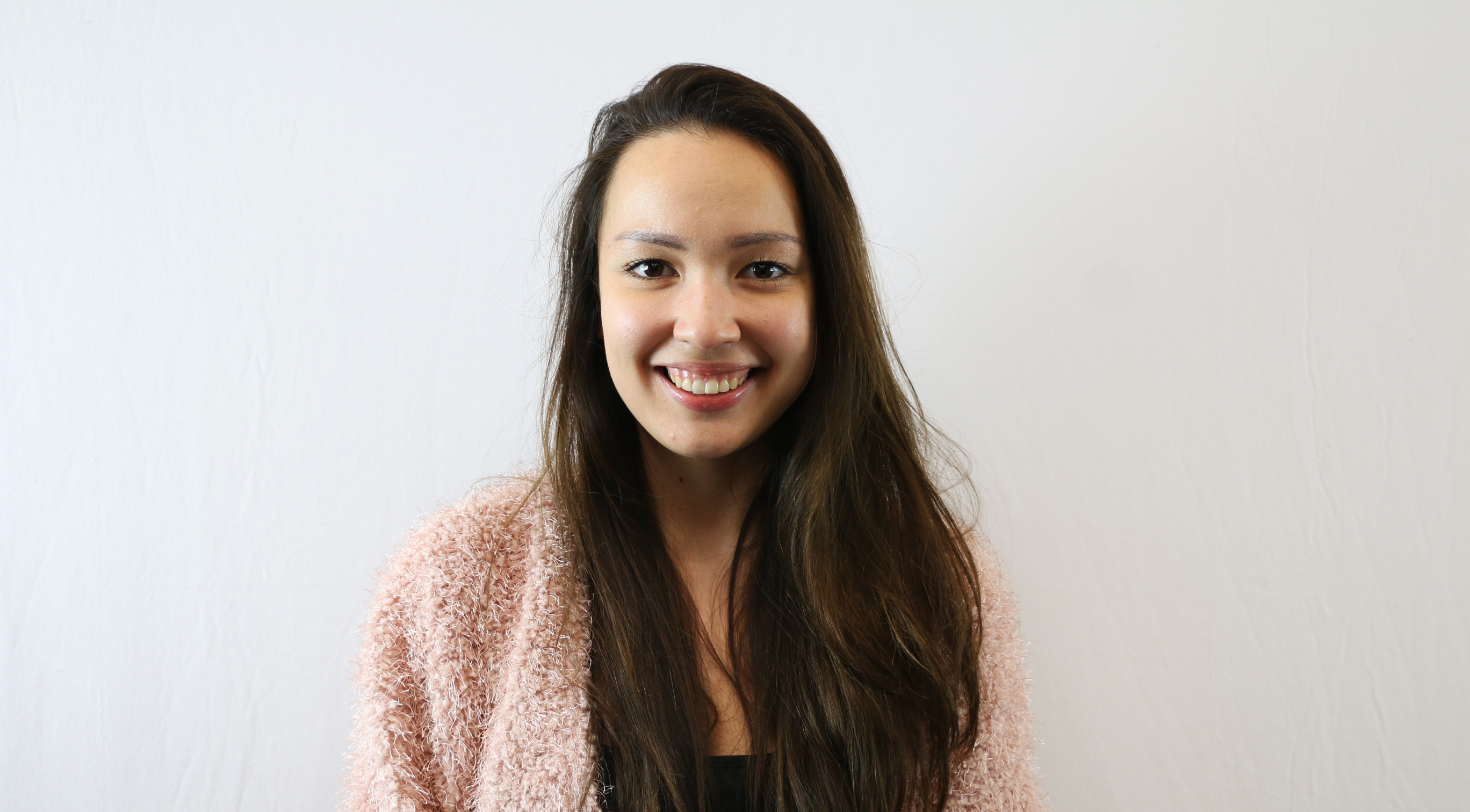Hi, I am Aurelia, currently on my 4th year studying Dentistry at Newcastle University. I am going to be talking you through my day to day life studying at the university.
Why do I want to study Dentistry?
I have been a very curious, caring, and crafty. As I grew up, I have enjoyed learning about how the world and human body works, so this naturally drew me towards science related subjects. I particularly enjoy doing the hands-on practicals and communicating with people. Visiting the dentist regularly during my teens for braces treatment inspired to think about Dentistry as a career. Dentistry aligned with my strengths and interests because it is a great combination between science, healthcare, and manual dexterity. So, I arranged to have a work experience at a local dentist and joined a summer programme to observe how dentists work. That experience confirmed my interest!
How does your week start?
I like to start my day with a workout. I live very close to the university gym, so it is very convenient for me to go in the morning. I feel great and ready to start the day after a workout. I make sure I have time to change and get breakfast to keep me going through the day.
As a dental student, I start university quite early compared with other students in different courses.
On Monday, I started my week with an early morning lecture at 8.45 AM (this is the earliest time we have lectures). We had lectures for about 45 mins to 1 hour, leaving some break for us to go to our lockers and get our lab coats for the practical at 10 AM. In the lab, I was studying about how I can restore people’s teeth with crown and bridges. The lab technician helped us to understand the making of the crown and bridges before dentists put it on the patient. That ended at 12.30 PM, leaving me some time to make my lunch at home. I was back to the university at 1.30 PM to prepare for clinics that starts at 2 PM. On Monday, I was in radiology, taking dental x-rays for patients who need it in the hospital to look at any disease in their teeth that we cannot see by eye. This x-ray will then be given to the dentist to help them make a treatment plan that is suitable for the patients.
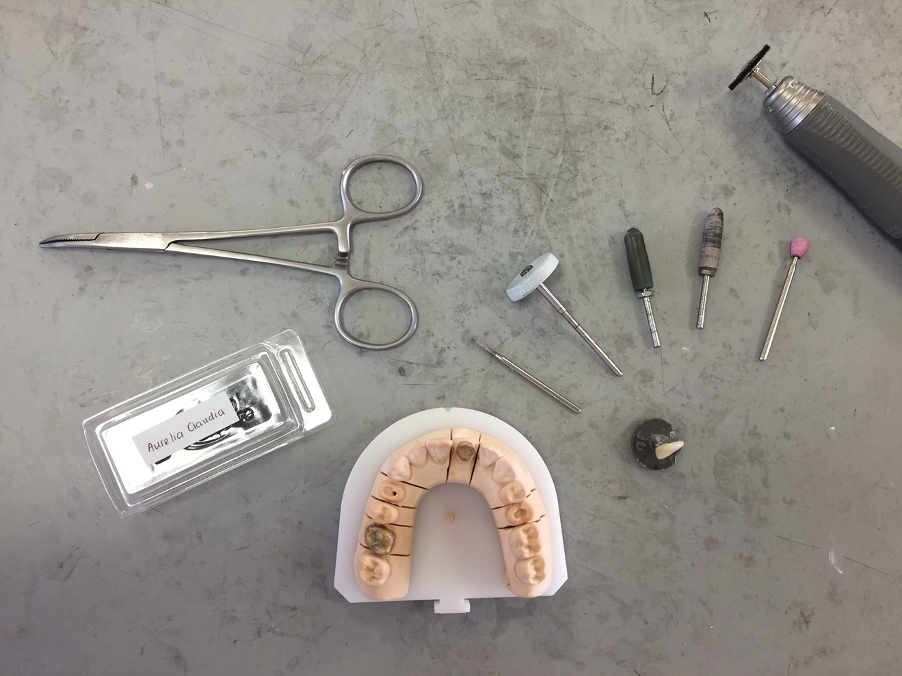
I have different clinical sessions everyday in which I practice different skills. Here is the typical week in dental school!
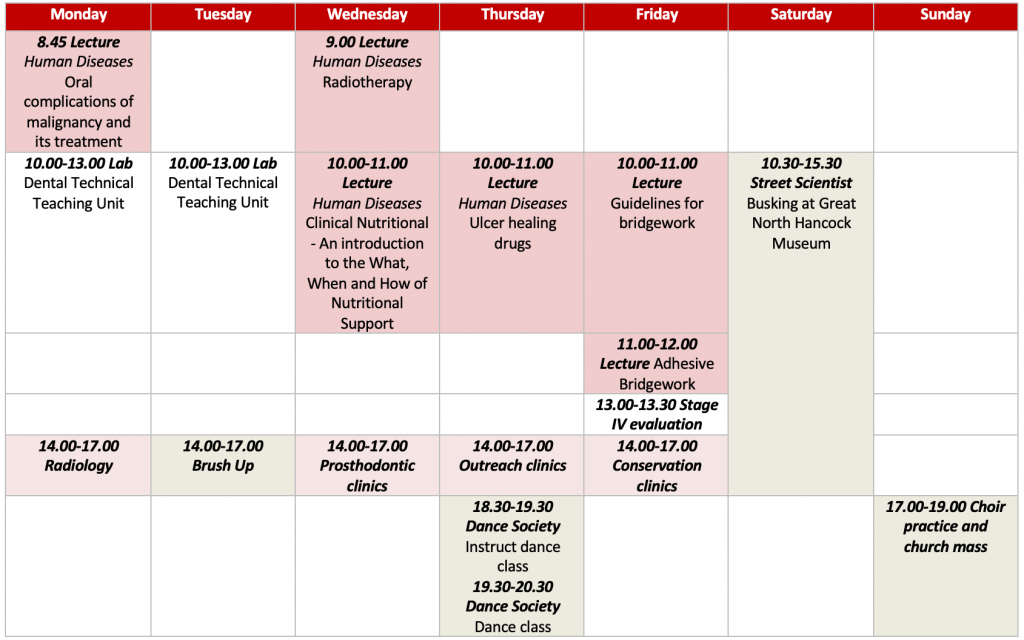
So, does that mean you start university at different times everyday?
Yes! In the university, we rely on our academic timetable and we go to different classes (more often also in different places) everyday. We are trained to be independent to do our own learning and be responsible to find our classes. Therefore, looking at our timetable is important so we do not miss anything.
What do you do on different clinical sessions?
In each clinical sessions, we focus on performing different treatments. In Newcastle University, we have 8 different clinical sessions:
- Radiology: where we practice taking a good x-ray of the patients, whether it is inside the mouth or outside the mouth
- Endodontic clinics: where we help patients clean the inside of their tooth. This treatment is called root canal treatment.
- Prosthodontic clinics: where we practice to make dentures for older patients.
- Outreach clinics: where we go to a community dental practice and treat patients depending on their need. It is a great opportunity for us to get used to practicing in a dental clinic and work as a team.
- Child Dental Health clinics: where we treat young patients and prevent the progression of tooth decay.
- Conservation clinics: where we treat adult patients with the aim to prevent tooth disease, save their tooth and educate them about oral hygiene.
- Oral surgery clinics: where we help patients to treat infection or take diseased teeth out.
- Dental emergency clinics: where we help patients to understand what was causing them pain and offer immediate help
These clinical sessions are highly supervised by qualified dentists who ensure everyone’s safety, we learn so much from their guidance.
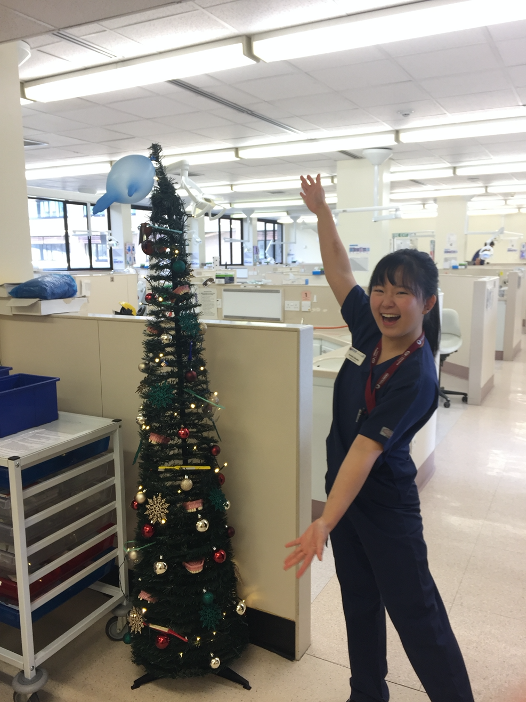
Do you have any days without clinic?
In a week we usually have a day or two where we don’t have clinics. This is a perfect opportunity for me to do some independent reading for my modules, or to do some extracurricular activities. I am involved in a society called Brush Up, which is an organisation leading workshops for reception or primary school children around Newcastle. In these workshops, me and other dental students teach kids how to brush their teeth properly. This is such a great extracurricular activity as I get to meet kids and practice how to engaged with them. It is helpful so I can improve on my practice in dental clinics, especially in Child Dental Health Clinics.
What other extracurricular activities do you do?
University offers a lot of activities through societies. You can think of it like a after school club! I love to dance, so I joined dance society! This is where I make friends outside of my course where we share similar interests. I go to dance classes once or twice a week. As this is a student-run society, I also volunteered to instruct one dance class per week as part of the committee. It is a nice break from studying and a great opportunity to sweat!
What do you usually do on the weekend?
On some weekends, I have part-time jobs to do. I am part of the Street Science team at Newcastle University where I teach the member of public, especially school children, about science. Usually, on Saturday, Street Scientists hold a booth in the Great North Museum: Hancock and where we explain science based experiments to the visitors.
My weekend activities varies depending on the university workload. If I have any assignments or revision that I need to complete, I would to do that. However, weekend is a perfect opportunity to recharge and refresh, so I tend to plan some catch up with friends, go to yoga class, or practice some of my dance routine on the weekend.
Do you have any tips for prospective students who are soon going to university?
For those who are deciding to go to uni and not sure what to study: Explore and try new things! It is challenging to decide a subject to study in the university as there are so many things offered there. For example, you like to eat and curious about how the food industry works, maybe try reading magazine or books that give you an insight into that industry and roles involved in it. If you know anyone in the industry, have a chat with them so you can ask your burning questions and get a feel of what working in the industry is like! When you try new things and get involved in more activities that seem to spark your interest or excitement, that will lead you to your answer eventually.
For those who have had a rough (or clear) idea about which subject they want to study in uni: Gain as much experience in those fields as possible! By searching opportunities in the subject area of your interest, in the form of an internship or short observation for example, you will be able to understand the skills needed and whether you suit that kind of environment. Also, look for the type of courses offered and the requirement they ask of you, so you can plan and aim to achieve that. Good luck!
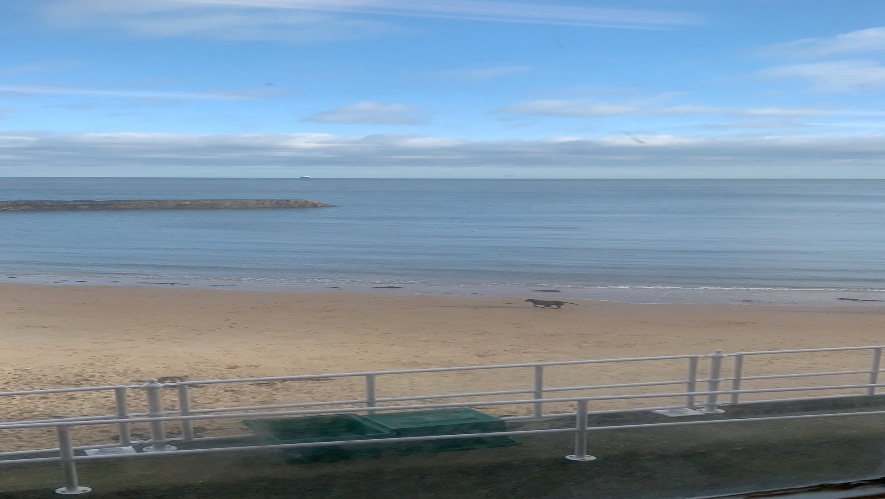
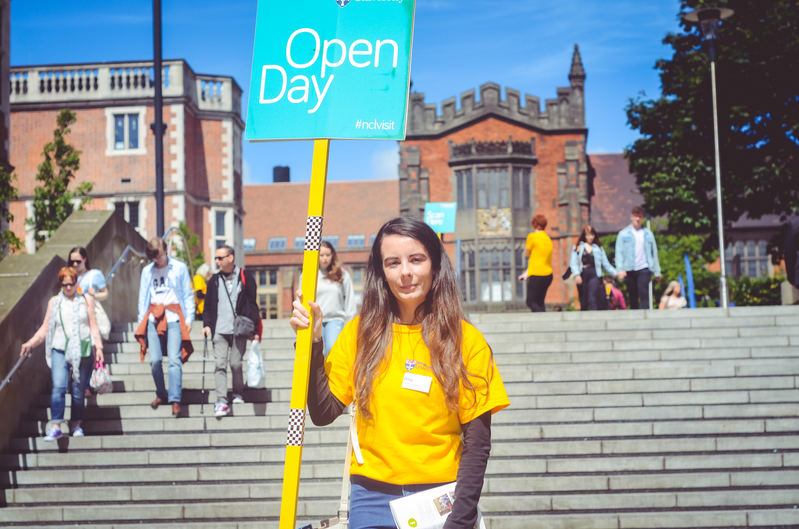

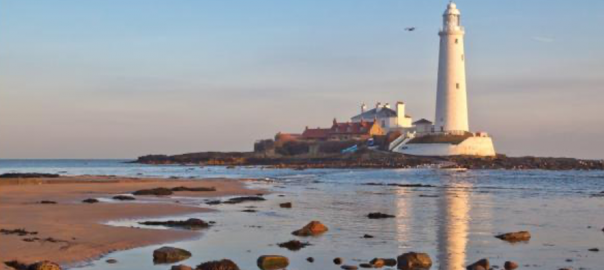
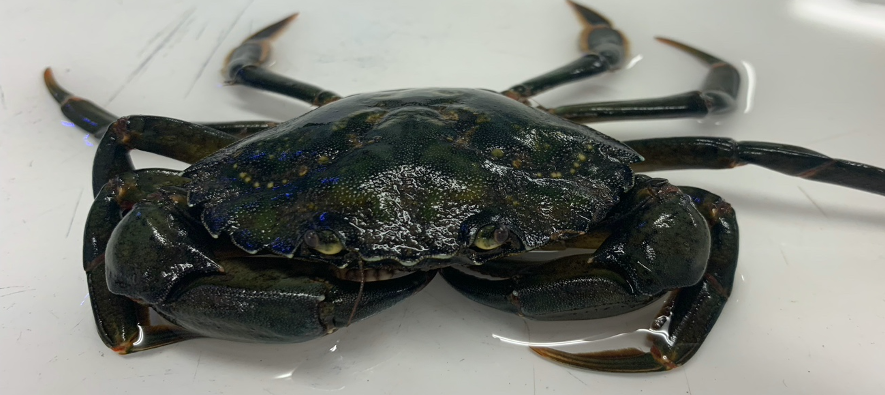
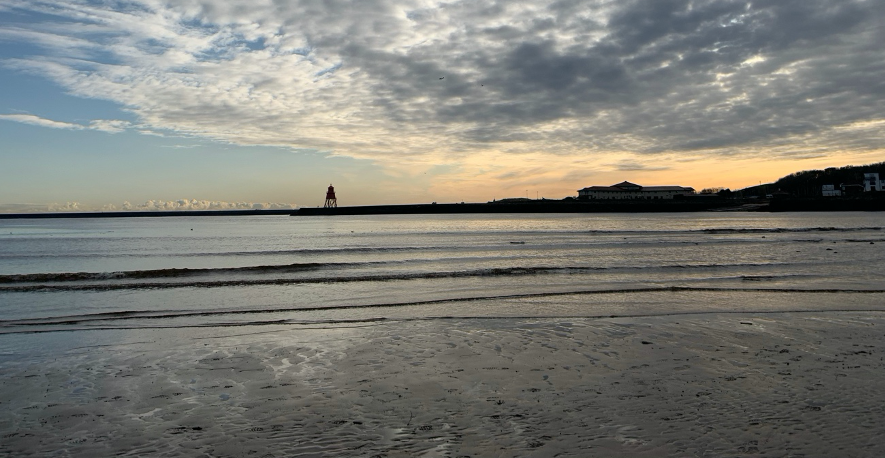
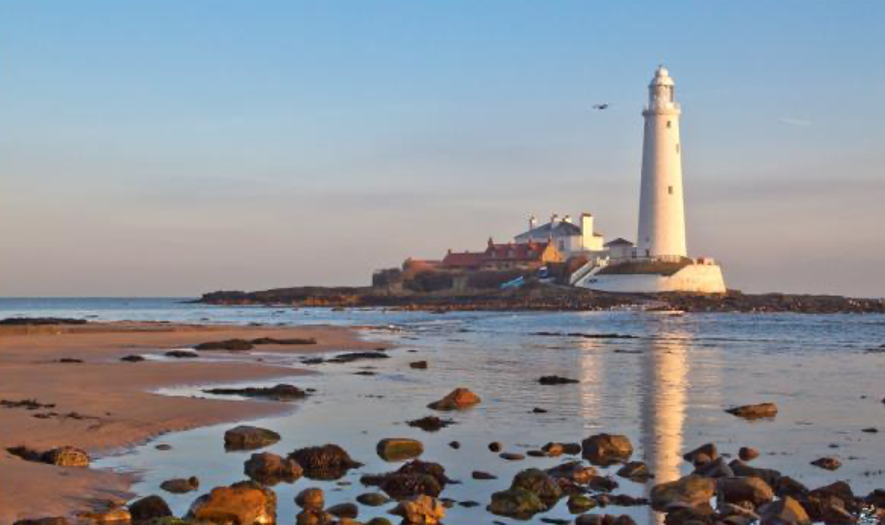
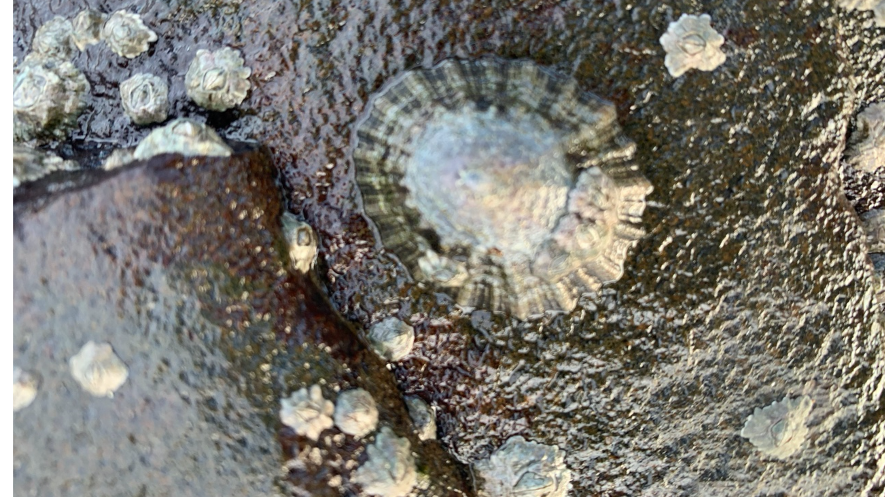
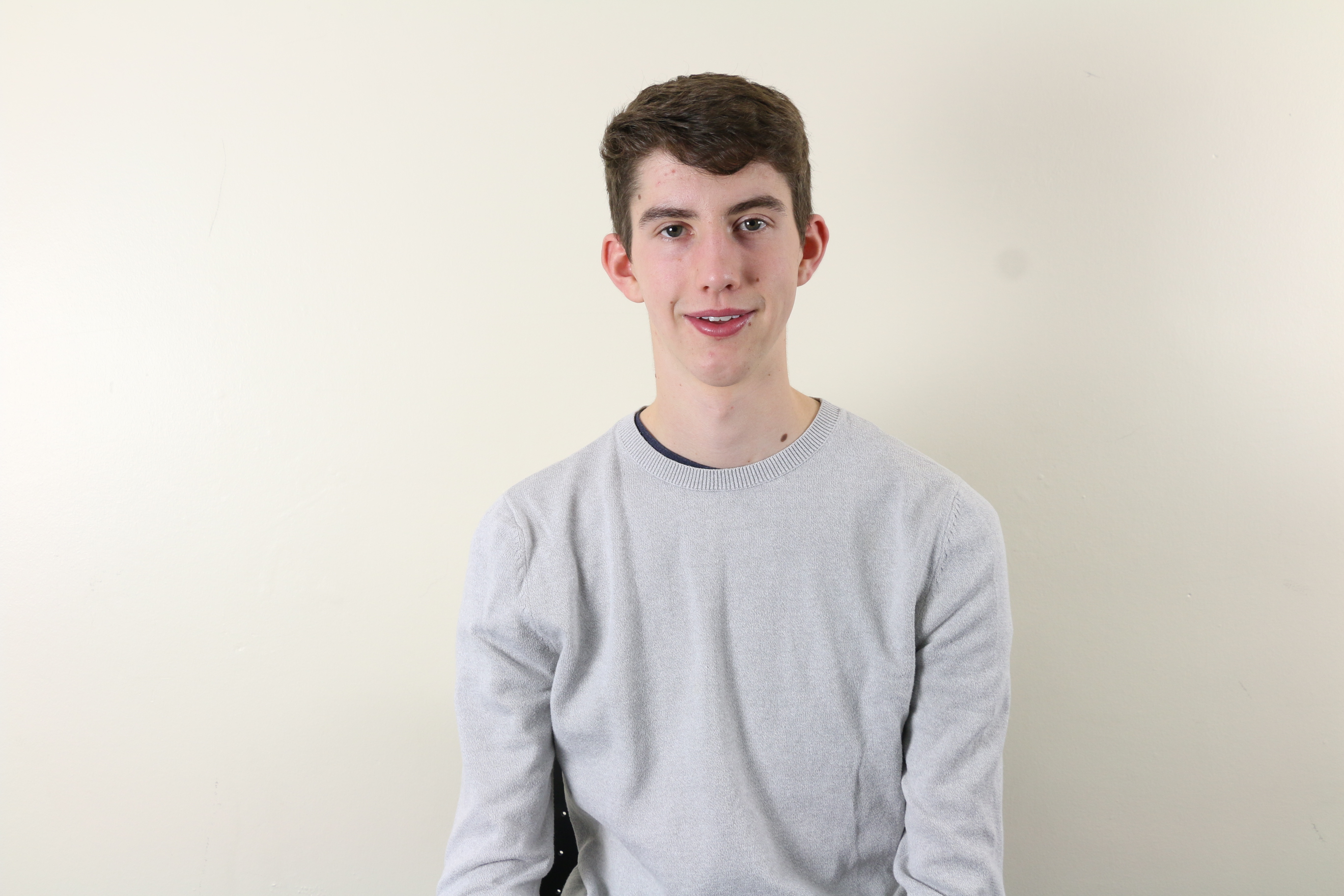
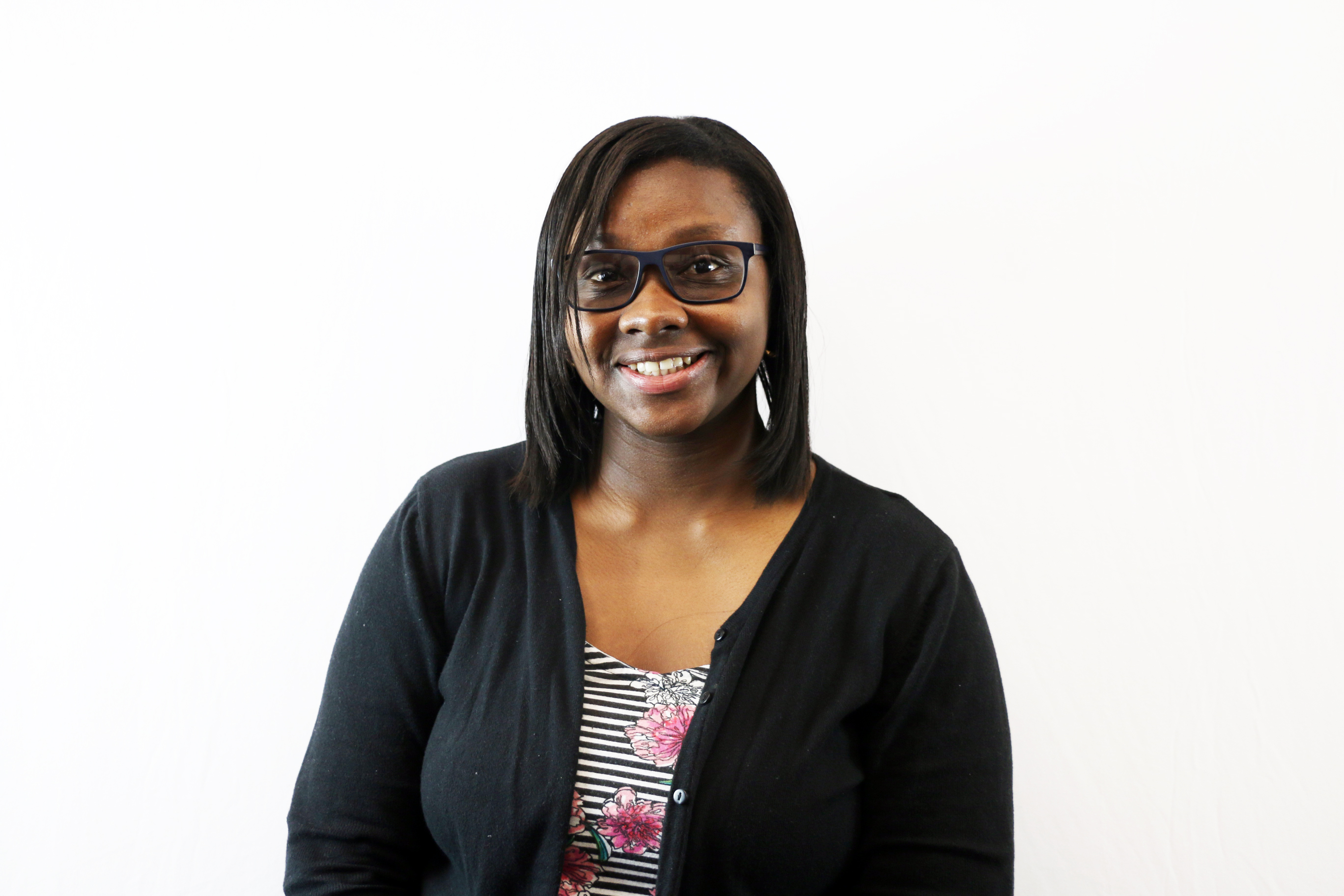
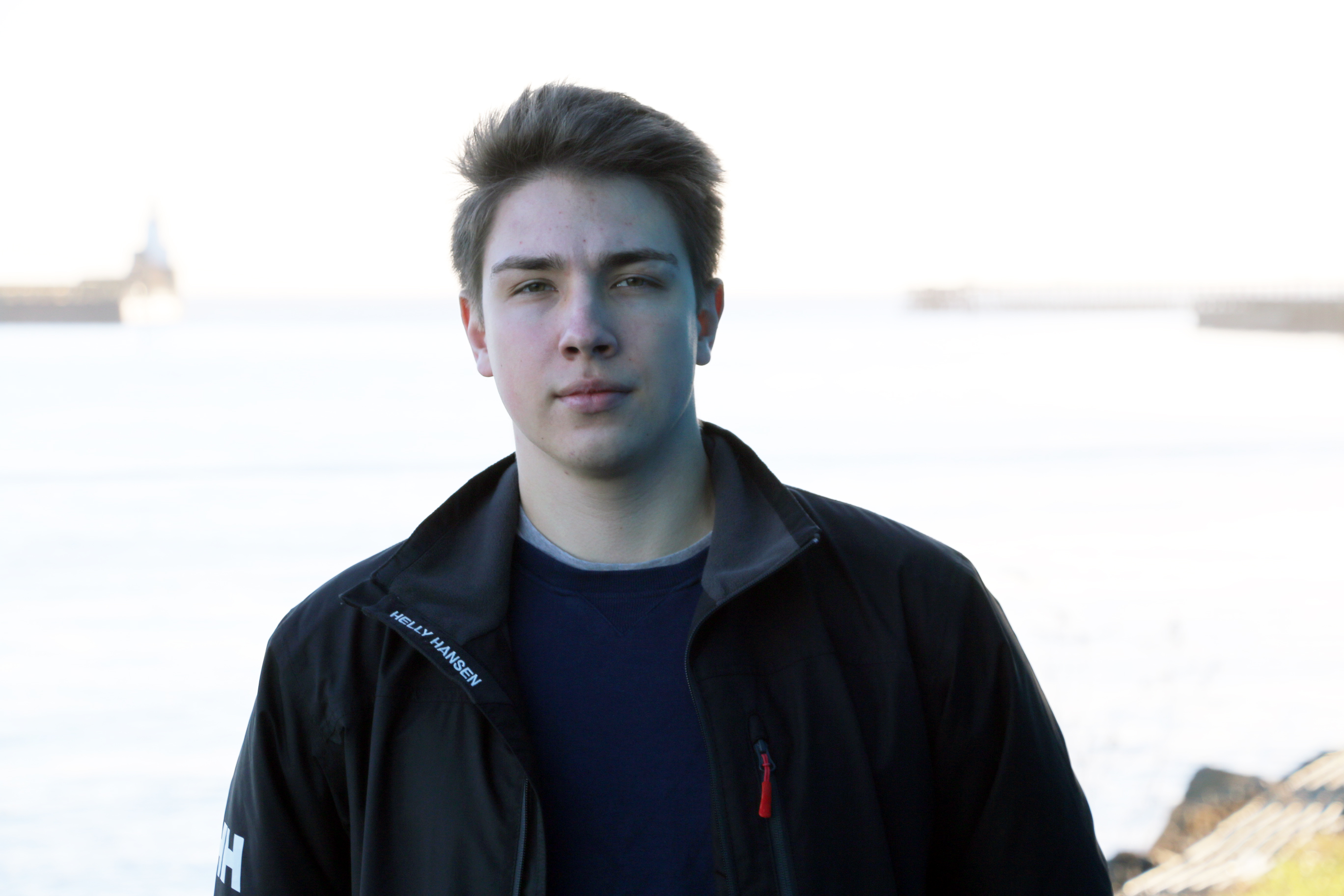 Hey guys,
Hey guys,